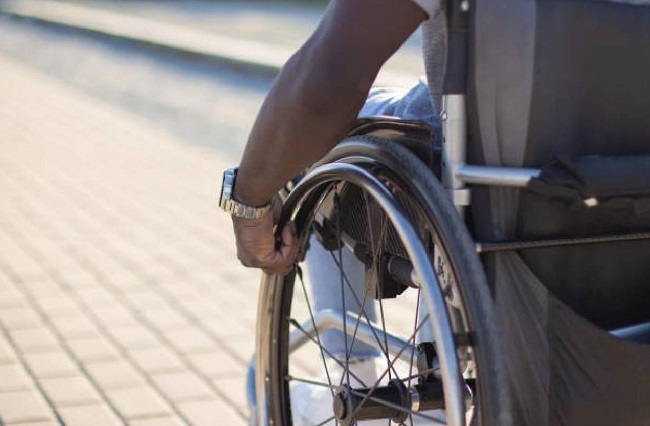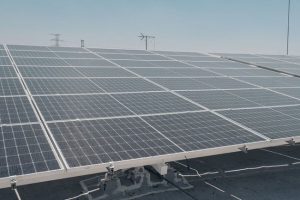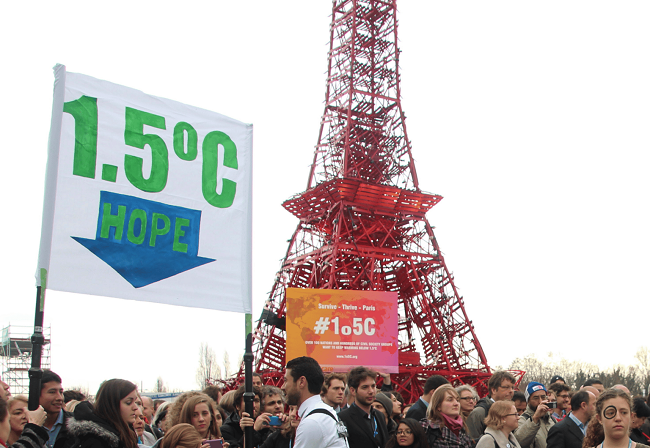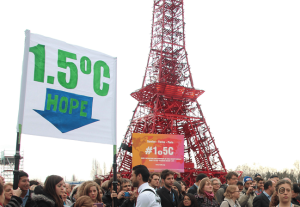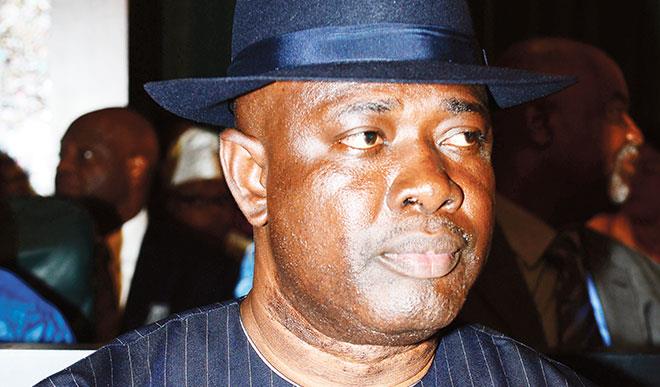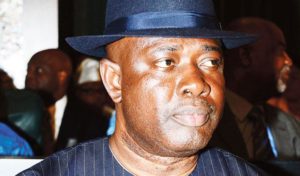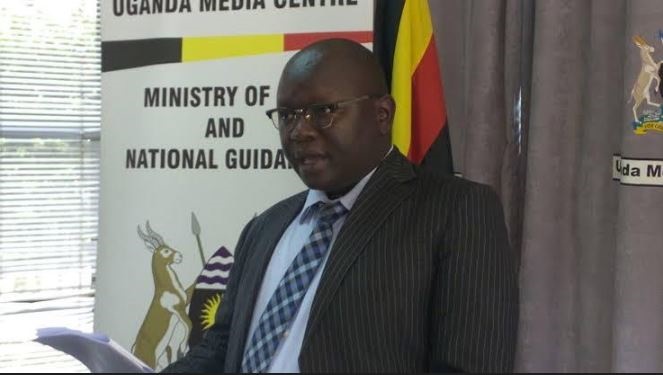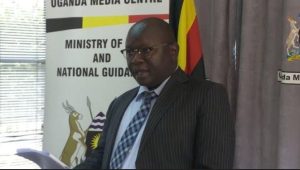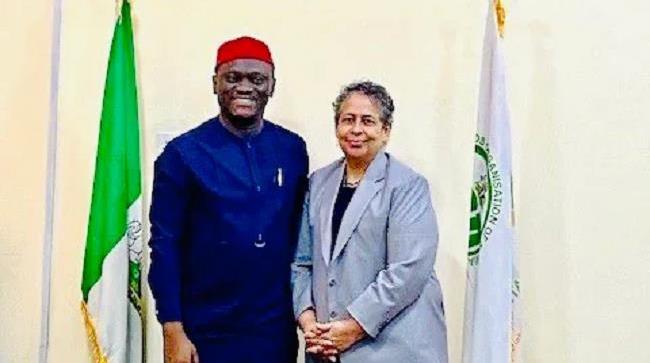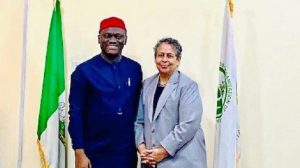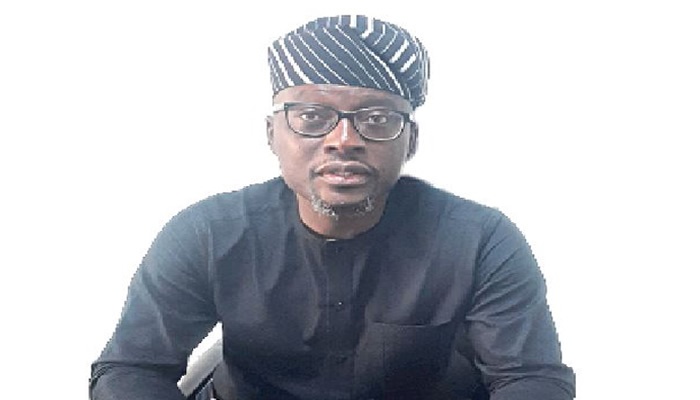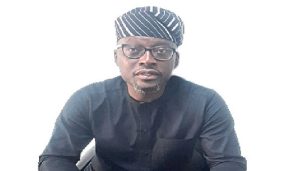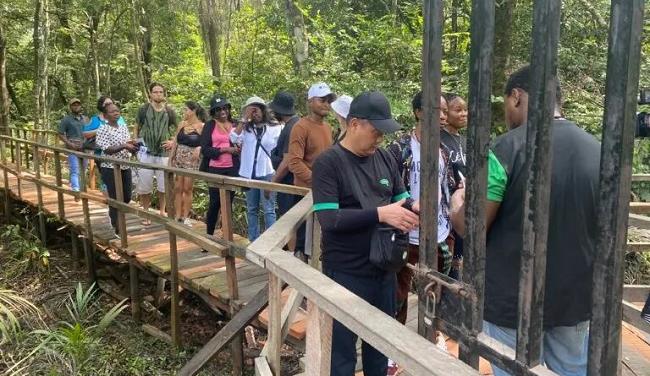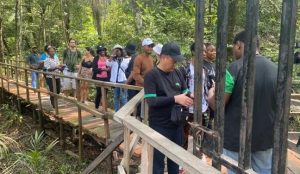Persons with disabilities in Nigeria may seem to have seen a significant degree of institutional relief when President Muhammadu Buhari signed the Discrimination against Persons with Disabilities (Prohibition) Act 2018, five years ago.

Also known as the National Disability Act, it aims to uphold the dignity and rights of people with disabilities by outlawing discrimination in a variety of spheres and punishing violators with fines and jail terms, among other penalties.
Despite this trailblasing legal instrument, which guarantees equal rights to the estimated 25 million citizens with disabilities, many of them still struggle due to a lack of enforcement and numerous obstacles.
As it relates to building and transportation modifications, the Act sets up a five-year transitional time for altering public buildings, structures, and vehicles so that individuals with disabilities can use and access them.
January 17, 2024, saw the end of the five-year transitional grace, with some public buildings and transport companies yet to comply with this Act.
“The implementation of the Act has been very slow; I will not rate it very high, though a lot of things have been happening since the enactment of the law,” says Agbo Christian, a person with a disability.
According to Christian, who uses a wheelchair for mobility, the Ministry of Works and Housing, which is expected to engage other government organisations to ensure public buildings are duly modified, has been lackadaisical in that regard.
“Activists with disabilities also pushed for the creation of the National Commission for Persons with Disabilities, which is saddled with the responsibility of implementing the Act.
“I can say to an extent that if the government has accepted to establish this commission, it means there has been an effort to implement the Act, but unfortunately, after five years of the enactment of the Act, we will not say much has happened.
“I will rate the government around 40 percent because, aside from the establishment of the commission, not much has been done.
“This is because, when we go to some of the public buildings housing different ministries, departments, and agencies of the government, the compliance is low, and no modification has happened to allow easy access to persons with disabilities,” a worried Christian said.
Christian, like many other people with disabilities who have difficulty accessing public buildings or transportation, either stays at home or relies on friends and family to help them get things done.
In a 2023 survey conducted by the Centre for Citizens with Disabilities (CCD), Lagos State ranked first as the only state that exceeded the required criteria for implementing access to infrastructure and other services for PWDs.
The survey, which was done to assess the level of implementation of the Act and the United Nations Convention on the Rights of Persons with Disabilities (UNCRPD) criteria across different Nigerian states, saw a lot of states lagging.
However, Mr. David Anyaele, the Executive Director of the Centre for Citizens with Disabilities, has attributed this unimpressive report and low implementation of the Act to a lack of adequate awareness of its provisions.
“In terms of access to public buildings and transportation facilities among my community of persons with disabilities, it has remained weak.
“Both government and privately owned transportation facilities are not accessible to persons with disabilities,” he said.
Anyaele added that the absence of political will, ignorance of the important players in policymaking, and lack of funding for disability-related issues and groups such as the National Commission for Persons with Disabilities had continued to hinder the complete implementation of the Act.
Miss Diana Omueza, a journalist and PWD advocate, describes this worrying situation as a major blow to the community of PWDs, as it has crippled their sense of belonging and self-confidence.
According to her, the impact of non-implementation of the Act would be grievous in the lives of PWDs, as issues around lack of accessibility could seriously affect their mental health.
“For now, and from my observation, the majority of the building modifications have been done by private organisations such as hotels, especially in Abuja, the nation’s capital, and Lagos.
“I have also heard of stories where PWDs missed their flights because there was no one to readily attend to them to get them wheeled to the aeroplane.
“Even though there is a section where you can identify that you are a PWD while booking your tickets, just to signify that there is a need for a wheelchair.
“It’s so sad and unfortunate that after the five-year moratorium period for public buildings and transportation facilities to be remodified to allow access to PWDs, nothing has significantly been done.
“From my years of working with PWDs and listening to their stories, I can tell you that there is low awareness of the provisions of this Act, even among Nigerians,” she added.
However, the government has called on PWDs to contact the National Commission for Persons with Disabilities to file their complaints about non-compliant public buildings that have yet to be modified for easy accessibility.
Mr. Mohammed Isa, senior special assistant to President Bola Ahmed Tinubu on Special Needs and Equal Opportunities, said that the government is not unconcerned with the challenges facing PWDs in the country.
Isa said that training programmes are already being developed to enlighten architects, engineers, and construction professionals on how to design and modify these buildings to meet accessibility standards.
“The Discrimination Against Persons with Disabilities (Prohibition) Act 2018 mandates that accessibility standards are met, as individuals can also seek legal assistance if they encounter inaccessible buildings.
“As of my last update, progress on the implementation of building modifications under the Act has been gradual.
“Efforts are being made to establish and enforce accessibility standards, especially in public buildings; initiatives are also underway to raise public awareness about the importance of accessible buildings and the rights of persons with disabilities,” he assured.
In their deprivation, PWDs and PWD advocates believe that there is a sense of cautious optimism.
Notwithstanding the implementation gap, the stakeholders recognise the significance of the Act.
They, however, note that for the Act’s full potential to be actualised, more cooperation and more robust enforcement procedures are fundamental.
By Ruth Oketunde, a Master of Art student at the University of Derby in the United Kingdom

